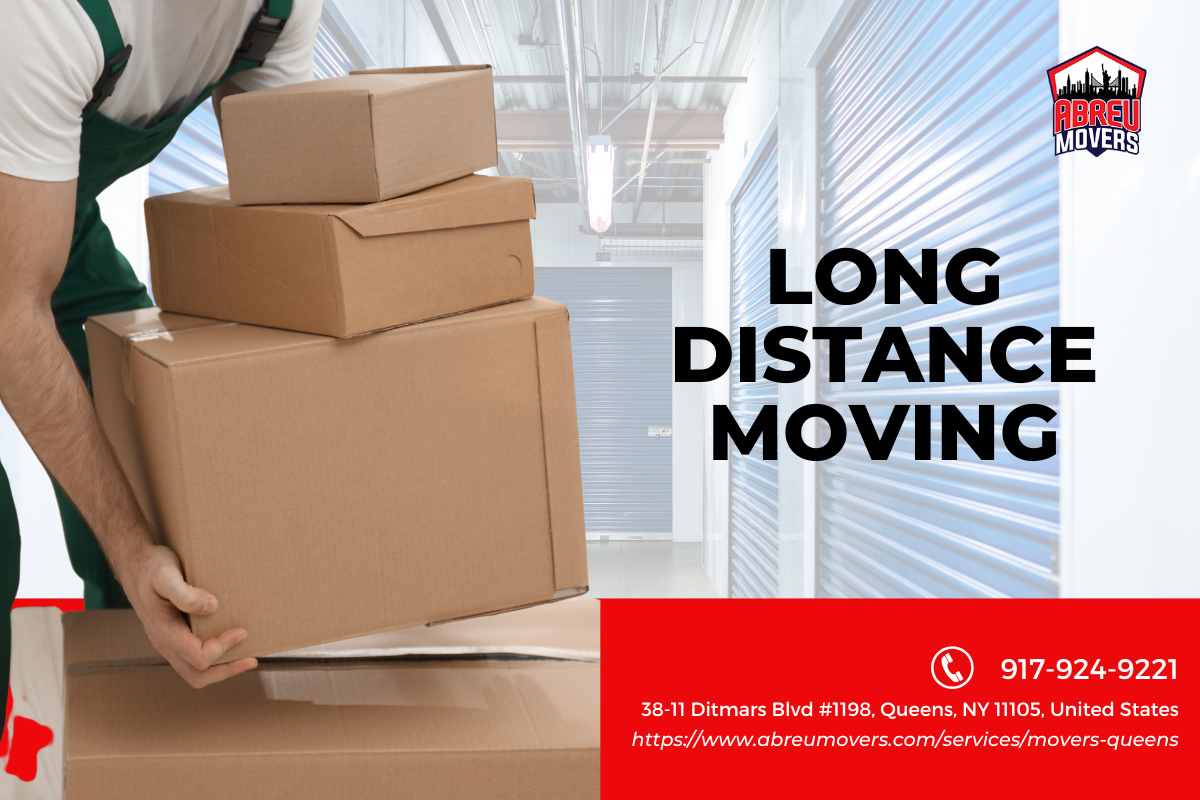
Introduction
Long-distance moving can be an exhilarating yet daunting experience. Whether you’re relocating across state lines or all the way to another coast, there's a lot to consider. One key aspect that many people overlook is budgeting for unexpected costs. In the world of long-distance moves, expenses can quickly spiral out of control if you're not prepared. This article will delve deep into adapting your budget for unexpected costs in long-distance moves, exploring everything from hidden fees associated with hiring long-distance movers to additional expenses you might face during the actual move.
Understanding Long-Distance Moving
What is Long-Distance Moving?
Long-distance moving typically refers to relocations that exceed 100 miles or cross state lines. Such moves often require specialized services provided by long distance movers or long distance moving companies.
The Importance of Planning Ahead
Planning ahead is crucial when navigating a long-distance move. With so many variables at play, having a structured approach can save you both time and money.
Types of Long-Distance Movers
There are various types of long distance movers available:
- Full-Service Movers: Handle every aspect of the move. Self-Service Movers: Provide transportation but require you to pack. Hybrid Movers: A mix between full-service and self-service options.
Common Unexpected Costs in Long-Distance Moves
Fuel Costs and Mileage Fees
When hiring a cross country mover, fuel costs can add up quickly, especially if you're driving a rental truck. It's vital to calculate potential mileage fees into your budget.
Packing Supplies and Materials
While it may seem trivial, packing supplies like boxes, tape, and bubble wrap can significantly impact your budget. Consider purchasing these supplies ahead of time to avoid last-minute purchases at inflated prices.
Insurance Coverage: Is It Necessary?
Insurance coverage is essential when using a long distance moving company. Basic coverage often comes included, but it usually doesn’t cover the full value of your belongings.
Creating a Comprehensive Moving Budget
Prioritizing Essential Expenses
When creating your budget, prioritize essential expenses such as:
- Transportation Packing materials Insurance Temporary housing if necessary
Identifying Potential Hidden Costs
Before signing on with any interstate moving companies, ensure you understand their fee structures thoroughly. Hidden costs might include:
- Extra charges for stairs or heavy items Storage fees Cancellation fees
Strategies for Adapting Your Budget
Building an Emergency Fund
Creating an emergency fund specifically for unexpected moving expenses is wise. Aim for at least 10% of your overall moving budget.
Shopping Around for Multiple Quotes
Don’t settle on the first quote you receive from any queens long distance moving company; shop around to find the best deal while ensuring quality service.
Negotiating with Moving Companies
Many moving companies are open to negotiation, especially during off-peak seasons. Don’t hesitate to ask if they offer discounts or special deals!
The Role of Technology in Budgeting
Using Apps and Tools
Various apps exist designed specifically for budgeting your move. Tools like MoveHub or Updater can help keep your finances organized throughout the process.
Online Calculators
Utilizing online calculators can give you a ballpark figure for what you should expect regarding costs related to hiring long distance movers.
Preparing for Additional Costs During Transit
Food and Lodging Expenses
If your move spans multiple days, factor in food and lodging expenses http://lorenzowfdo937.cavandoragh.org/the-best-times-of-year-for-cross-country-moves into your budget as these can accumulate quickly.
Vehicle Maintenance
If you're driving your own vehicle during the move, don’t forget about potential maintenance costs or roadside assistance plans that might be needed along the way.
FAQs About Long-Distance Moving Costs
1. What are common hidden costs when using long-distance movers?
Many hidden costs may arise such as fuel surcharges, packing material fees, and extra labor charges for heavy items.
2. Should I purchase additional insurance when using a moving company?
Yes! Basic coverage often only covers a fraction of your belongings' value; purchasing additional insurance is generally advisable.
3. How can I effectively compare quotes from different long-distance moving companies?
Request detailed quotes from multiple companies specifying services included; this allows you to make better comparisons without overlooking hidden fees.
4. Are there any seasonality effects on pricing?
Yes! Prices often fluctuate based on demand; summer months tend to be busier and more expensive than winter months.
5. Can I negotiate prices with my chosen mover?
Absolutely! Many moving companies are willing to negotiate rates or provide discounts during off-peak times.
6. What should I do if I encounter unexpected expenses mid-move?
Stay calm! Review your budget and adjust accordingly; reach out to friends or family who may be able to assist financially or logistically if needed.
Conclusion
Adapting Your Budget for Unexpected Costs in Long-Distance Moves requires careful planning and awareness of potential pitfalls along the way. Understanding what factors contribute to rising costs ensures that you're well-prepared when faced with surprises during this significant transition in life. Remember to prioritize essential expenses while also keeping room in your budget for unforeseen circumstances—after all, being prepared is half the battle!
By following these guidelines and remaining vigilant about hidden fees associated with hiring long-distance movers or interstate moving companies, you'll set yourself up for success as you embark on this exciting journey toward new beginnings!